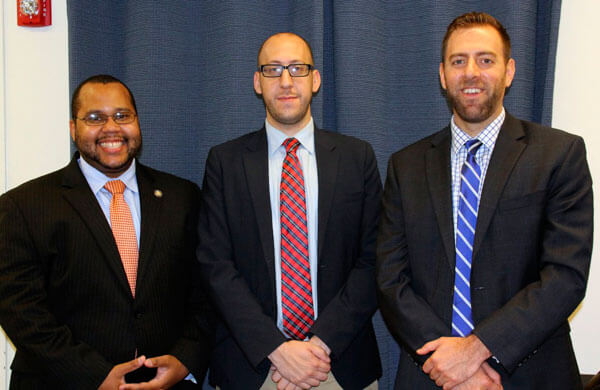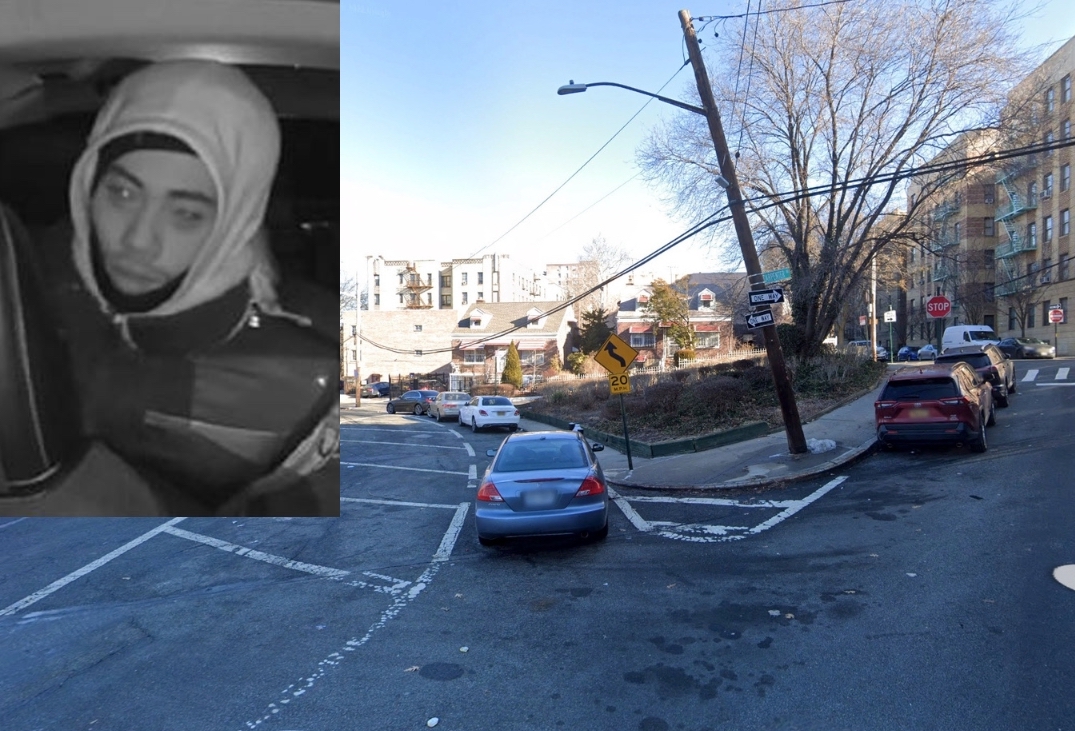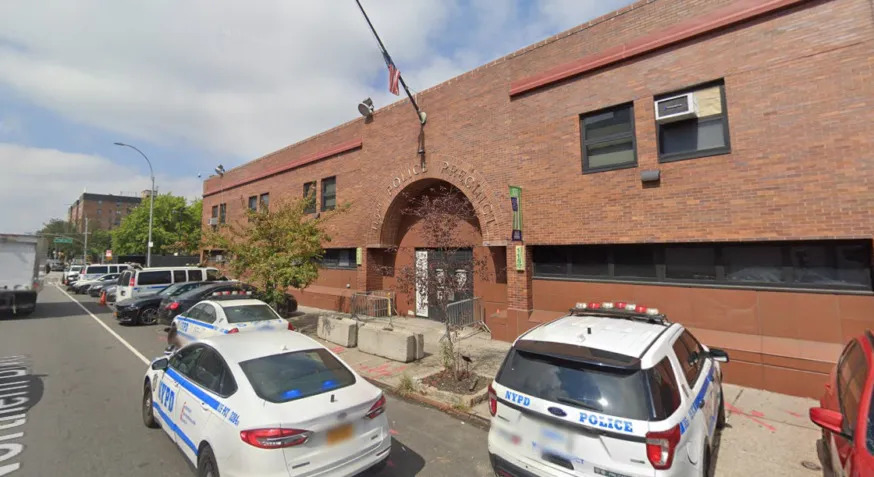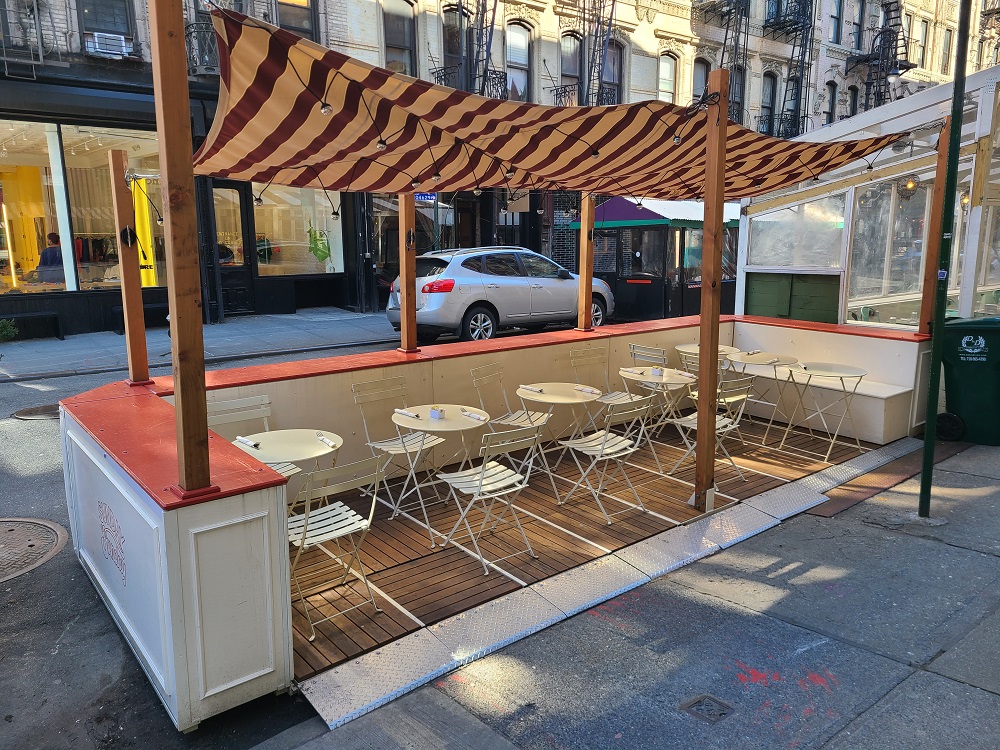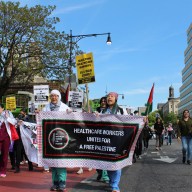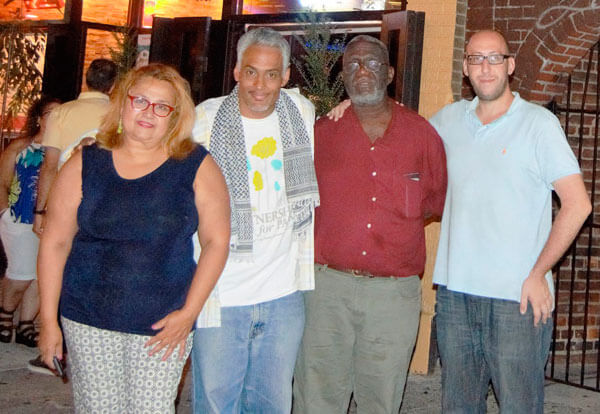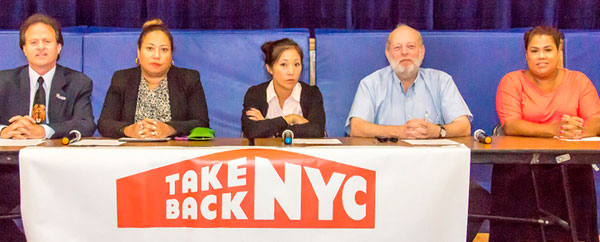Local organization Part of the Solution is looking for solutions to unemployment in the Bronx.
POTS, based on Webster Avenue, started as an emergency food provider, but has expanded to try to combat other symtoms of poverty, said director Christopher Bean.
The organization’s services, which help more than 25,000 people annually, include a community dining room, a food pantry, nutrition education, clothing room, showers, a mail facility, barbarshop, case management and legal clinics.
Because employment is a route out of poverty, POTS decided to examine the patterns of employment in their clients and try to understand the barriers they face in entering the work force.
They conducted a study, ‘Jobless in the Bronx: Challenges of the Unemployed in our Nation’s Poorest Borough,’ which they presented at a forum hosted to share the info with other service organizations throughout New York City.
POTS’s study on unemployment in its community was compiled based on POTS client data, surveys of POTS clients, social science research and public data on the Bronx, in order for the organizaton to understand the hurdles their clients face and eventually develop services to address them.
“Long term, work force development is something we plan to provide at POTS,” said Bean. “I think this is an important first step.”
The surveys looked at significant barriers to employment, which includeed unstable housing, lack of access to child care, language barriers, and level of education, as well as explored the effects of long-term unemployment, which include financial difficulty, health effects, and social impacts.
Work placement programs can be effective if they take these barriers into account, focus on skills needed for specific jobs, avoid a ‘one-size’ fits all approach, and provide retention services.
“The groups that do it really well do all those things,” said Bean.
POTS thinks that with a variety of services including help finding employment, clients will be able to climb the ladder from crisis mode to stability and eventually self-sufficiently.
“We believe there is a pathway to long term stability through these work placement programs,” said Bean.
Assemblyman Victor Pichardo attended the forum, and said he was a big supporter of POTS as well as work placement programs.
“We believe that if you give a person a hand to get them on their feet, they’ll stay on their feet,” said Pichardo.
Robin Jenkins, from Project HOPE, a work placement program in Brooklyn, said she thought it was a wonderful opportunity to better understand what POTS does, as well as better understand the agencies POTS works with.
“It helps put together some sort of infrastructure we can tap into,” she said.
She appreciated the focus on the barriers to employment, as well as the data on the client’s financial situations.
“It’s good to explore these things,” she said. “Then you know the work that needs to be done.”

